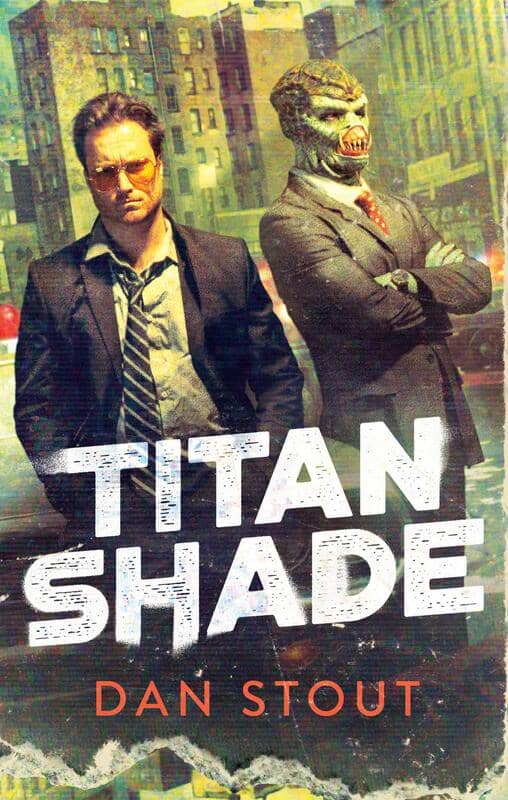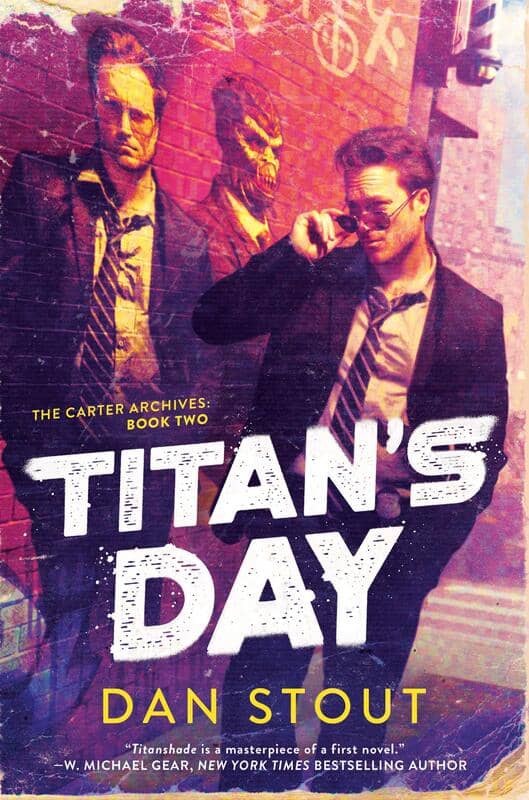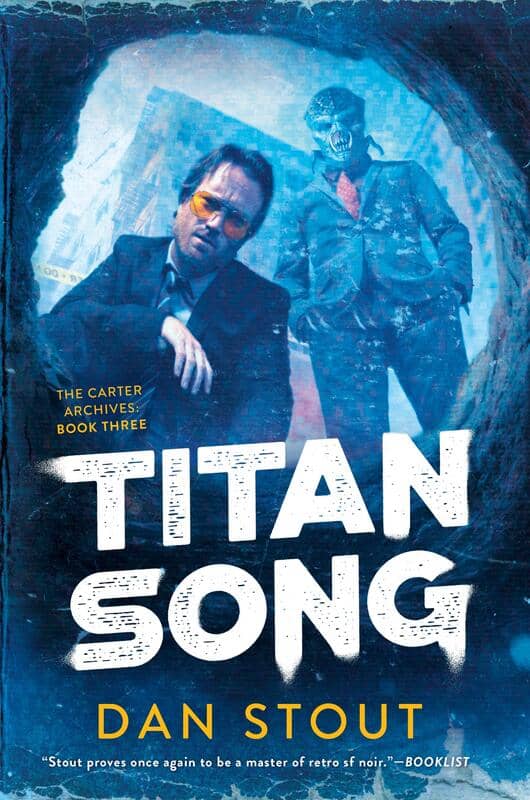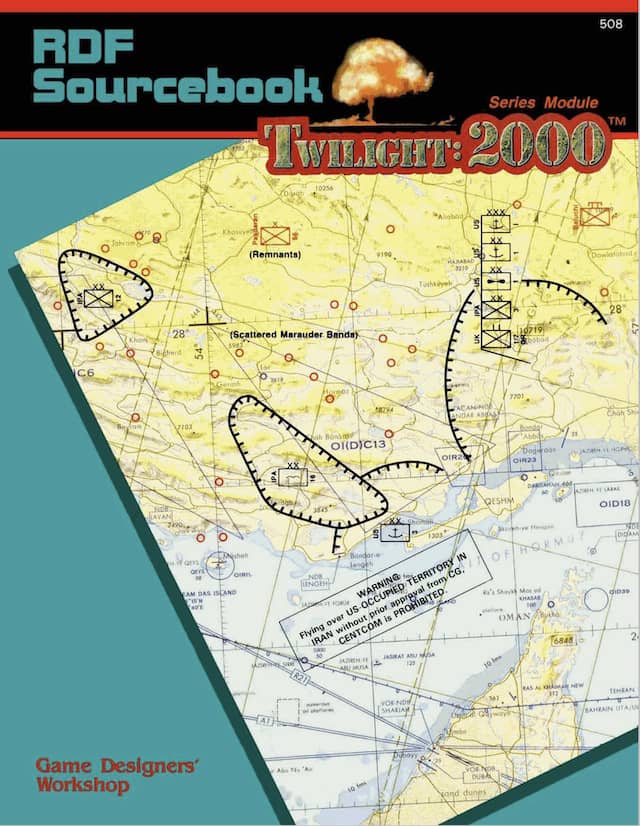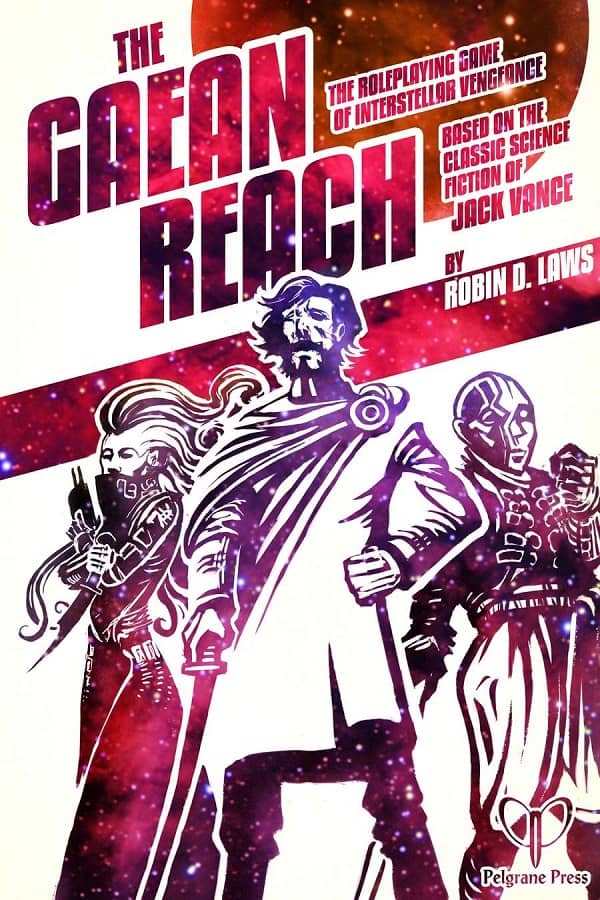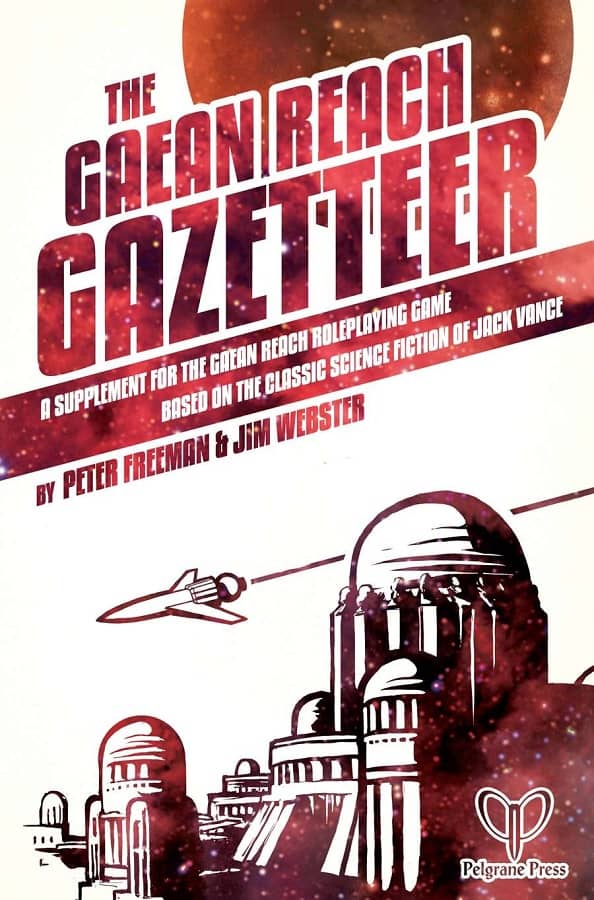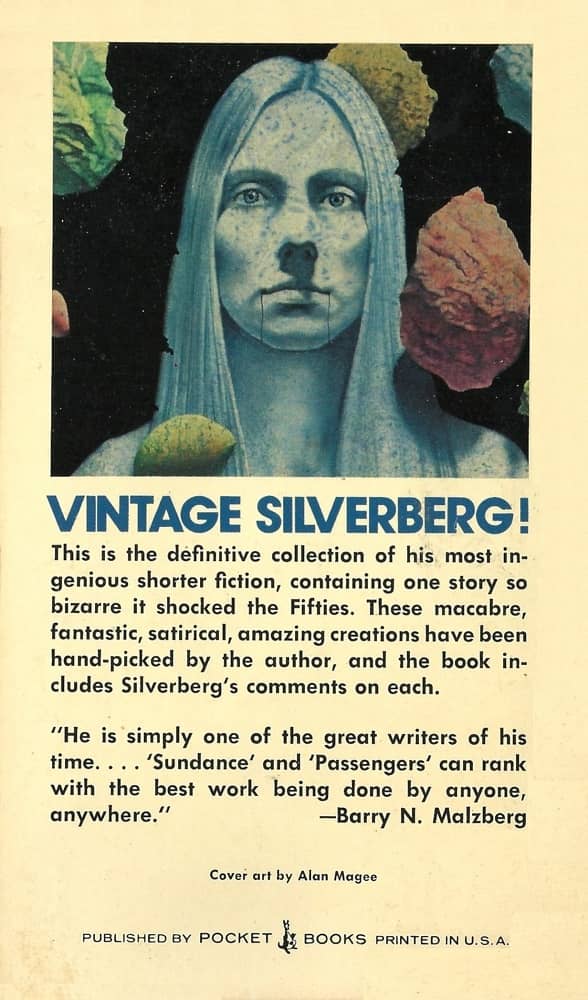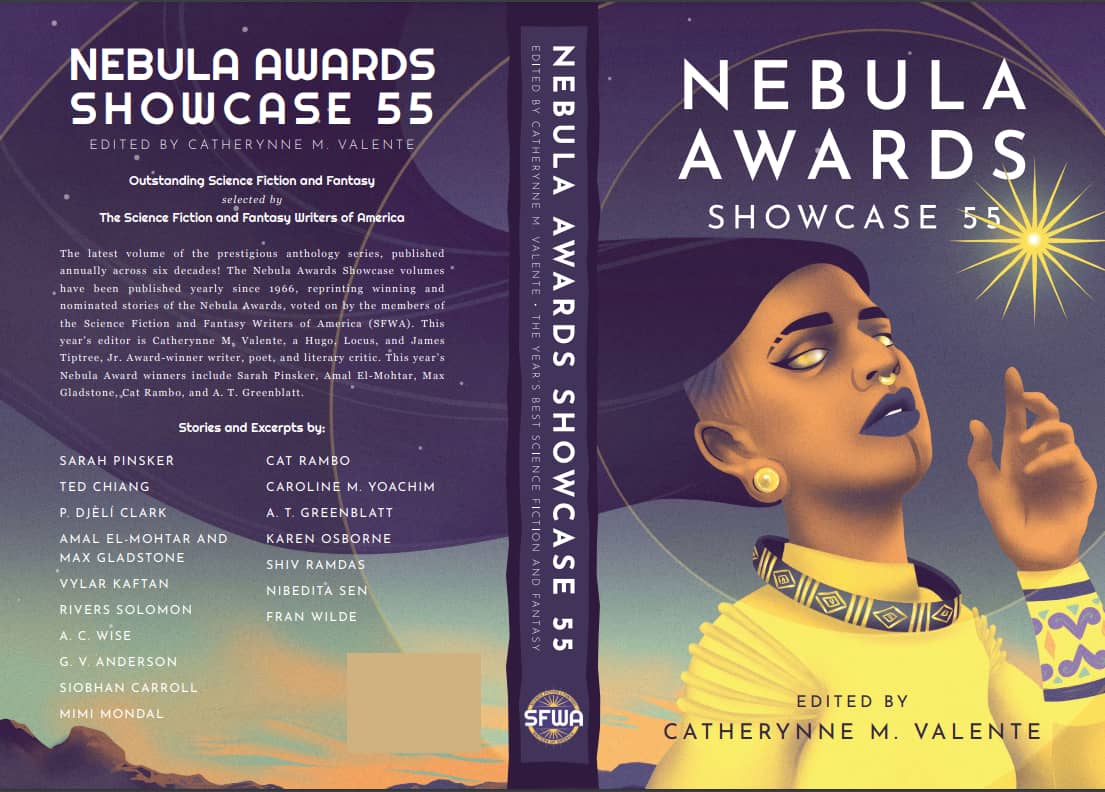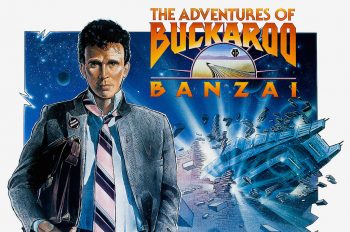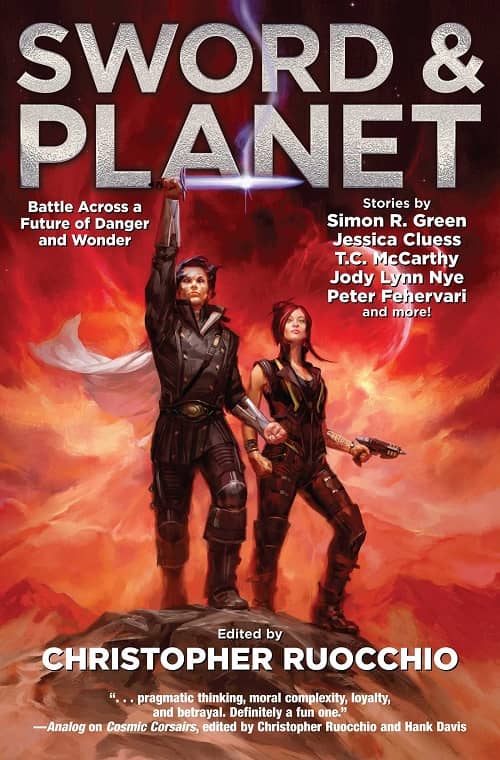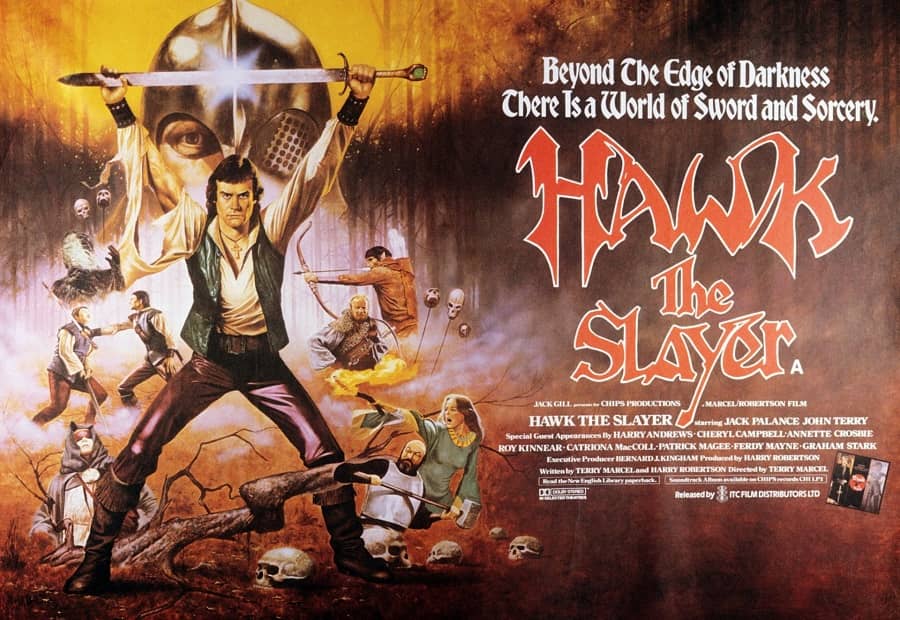The Best of Robert Silverberg (Pocket Books, February 1976). Cover by Alan Magee
Recently James McGlothlin wrapped up an ambitious multi-year review project at Black Gate, reading each of the 23 volumes in Del Rey’s Classic Science Fiction Series from the 70s, including The Best of Fritz Leiber, Edmond Hamilton, John Brunner, Philip K. Dick, C.L. Moore, Robert Bloch, and over a dozen others. Over the years many of our contributors have shared their love for these seminal volumes, including Ryan Harvey, Jason McGregor, and others.
Del Rey wasn’t the only publisher to pick up on the idea of promoting authors in their catalog with Best of volumes, however. Between 1976 and 1980 Pocket Books produced nearly a dozen weightily collections showcasing their own impressive stable of SF authors, including Poul Anderson, Jack Vance, Harry Harrison, John Sladek, Keith Laumer, Damon Knight, Barry N. Malzberg, Mack Reynolds, and Walter M. Miller. Pocket (and others) did a splendid job keeping these fine books in print over the years, sometimes freshening up the covers in the process.
One of my favorites in the set is The Best of Robert Silverberg (1976), published no less than half a dozen times over the next decade by five different publishers. It’s a terrific volume that’s still easy to find to today.
…
Read More Read More
